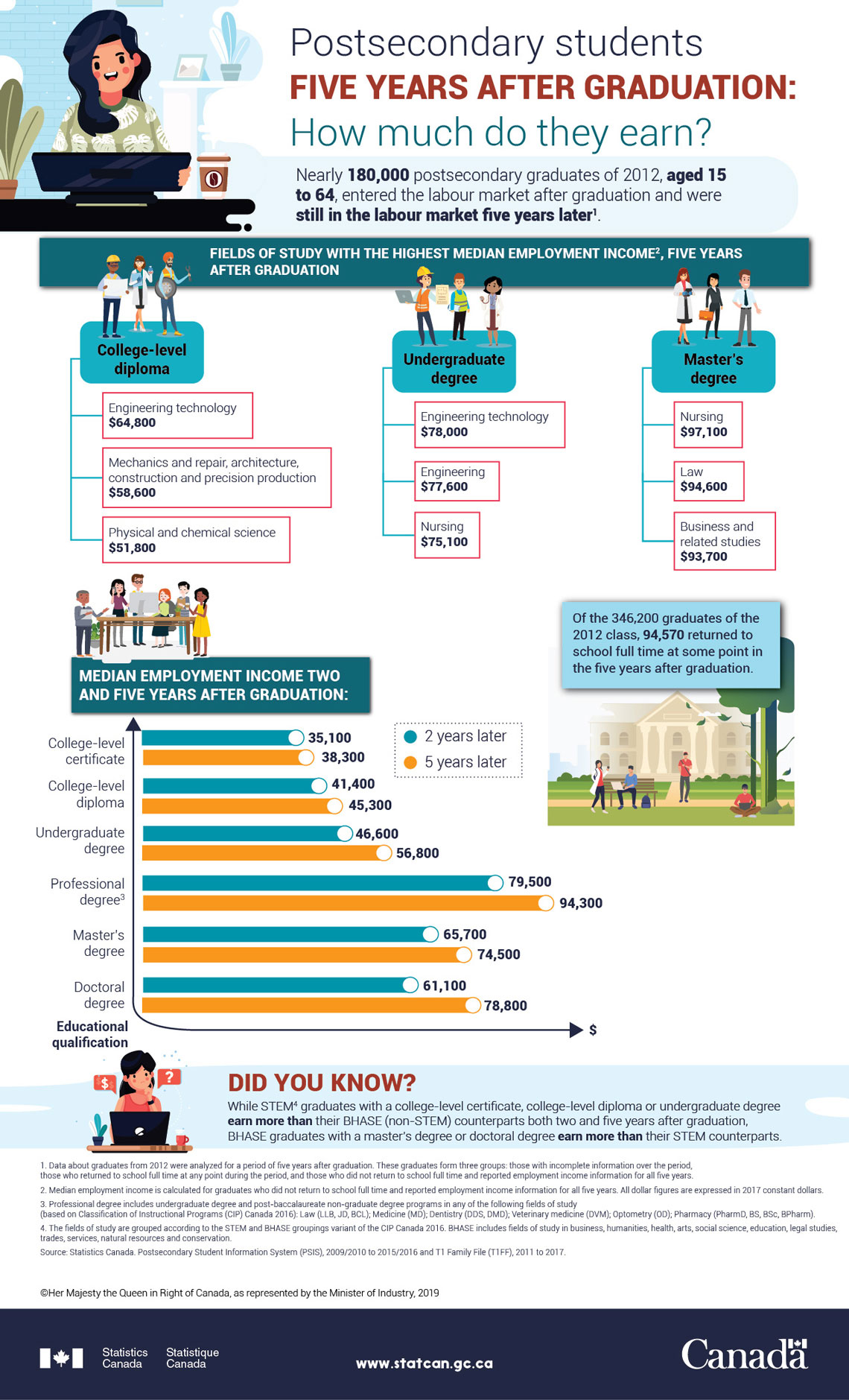Global Grid Immigration Solutions is a Canadian immigration consultancy firm based in Toronto (GTA).
- 2233 Argentia Road, Mississauga, ON
- [email protected]
- Mon - Fri : 9 am to 6 pm EST
Any Questions? Call us
The Post-Graduation Work Permit (PGWP) allows students who have graduated from eligible Canadian designated learning institutions (DLIs) to obtain an open work permit to gain valuable Canadian work experience. Skilled Canadian work experience in National Occupational Classification (NOC) skill type 0 or skill level A or B that is gained through the PGWPP helps graduates qualify for permanent residence in Canada through the Canadian experience class within Express Entry.

You can apply for a post-graduation work permit (PGWP) from inside Canada as long as you’re eligible. You have up to 180 days to apply for a PGWP after you get your degree or diploma, transcript or official letter from your school. To be eligible, your study permit must have been valid at some point during these 180 days.
You can apply for a PGWP if
You must also have
You can apply for a PGWP from outside Canada as long as you’re eligible and you’ve been approved for a study permit. You don’t have to have held a valid study permit at any point during your online studies from outside Canada. You have up to 180 days to apply for a PGWP after you get your degree or diploma, transcript or, official letter from your school.
You can apply for a PGWP if you
and you
